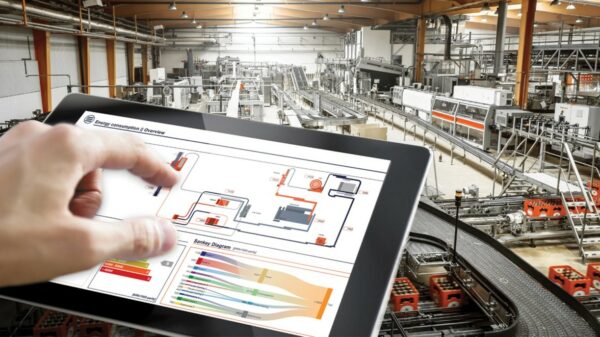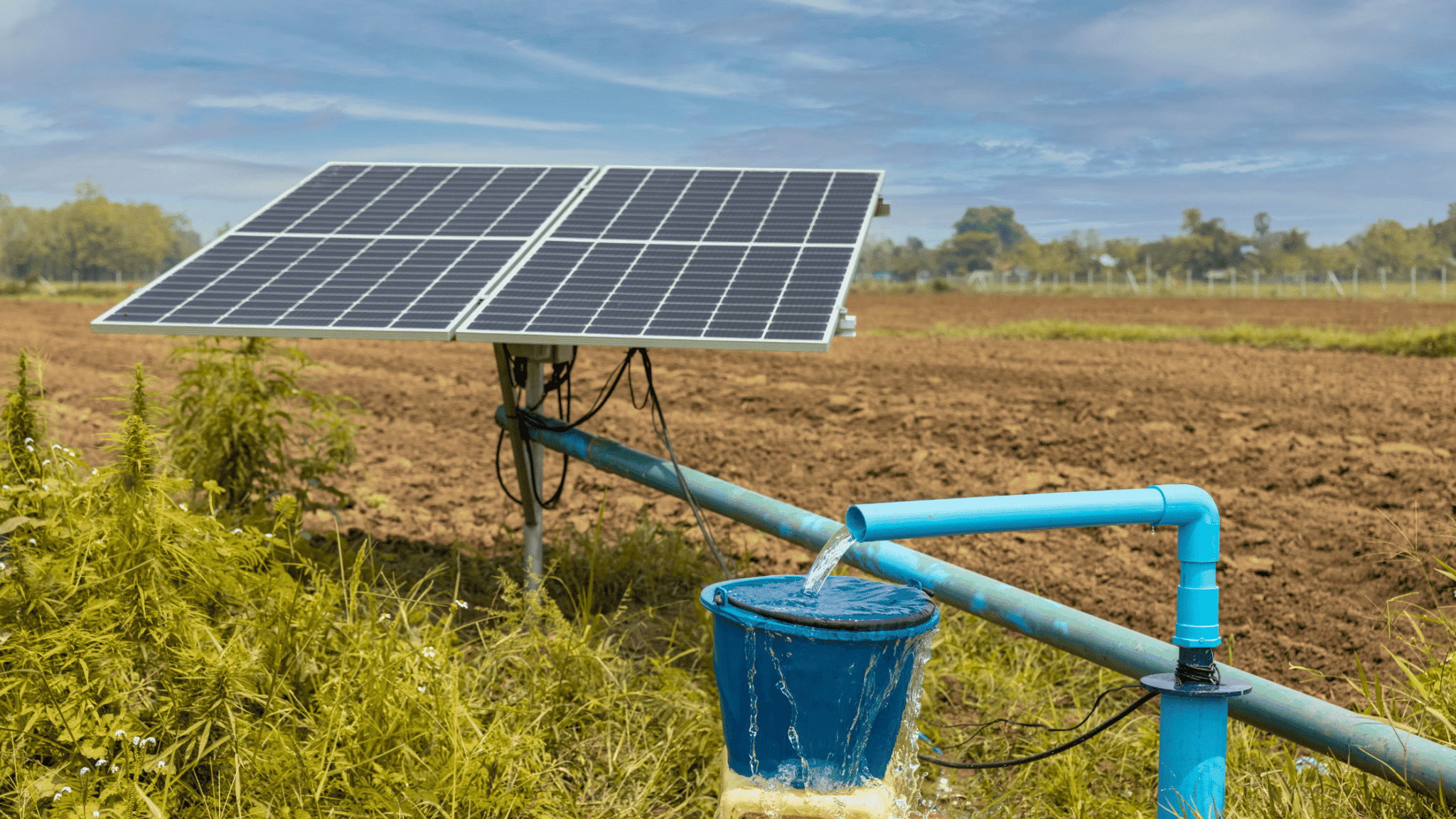Water pumps are essential for households, industries, and other applications for transferring water from one place to another for irrigation and drainage purposes. Choosing the right water pump can significantly impact the efficiency and effectiveness of your water transfer needs. With the increasing demand for water pumps, one must understand the key factors to consider when purchasing one. This article will discuss the top considerations you should consider when buying a water pump, enabling you to make an informed decision and obtain the pump that best suits your requirements.
Purpose of the Pump
Different types of water pumps are available in the market, each designed to perform a specific function. The first thing you need to consider when buying a water pump is the purpose for which you need it. If you are looking for a pump to transfer water from a well to a storage tank, you will need a different type of pump than if you are looking to drain a flooded basement. Understanding your specific needs will help you choose the right pump for the job.
Flow Rate
The water pump’s flow rate is another important component to consider. This measures how much water the pump can move in a given period. In most cases, the flow rate is expressed in gallons per minute (GPM) or litres per minute (LPM). The pump’s flow rate must be adequate to suit your application’s demands. If the flow rate is too low, the pump may struggle to do its job, resulting in a reduction in efficiency and an increase in energy usage.
Total Dynamic Head
The total dynamic head is another important consideration when purchasing a water pump. The total dynamic head is the height the water has to be lifted and the distance it has to be pumped. It is an important factor because it determines the power and size of the pump you will need. The total dynamic head can be calculated by measuring the water source’s height, the destination’s height, and the pipe’s length through which the water must be pumped.
Power Source
Either electricity or fuel can power water pumps. The type of power source you choose will depend on your specific needs and requirements. An electric pump may be the best option if you purchase a water pump for a residential setup. However, if you are looking for a pump for industrial or commercial use, a fuel-powered pump may be more suitable. Pumps that run on fuel are more adaptable and can be utilised in remote locations without access to electricity.
Quality and Durability
A high-quality pump will last longer and will be more reliable. It is essential to purchasing a pump from a reputable manufacturer with a good track record of producing durable and reliable pumps. A pump made from high-quality materials will be more resistant to wear and tear and require less maintenance. Additionally, it is important to choose a pump that is easy to maintain and has readily available parts and accessories.
Price
It is essential to find a balance between cost and quality to ensure that you get a pump that is affordable and reliable. While it is tempting to go for the cheapest option, it is crucial to remember that you often get what you pay for. A more inexpensive pump may be less durable or reliable than a more expensive one.
In conclusion, purchasing a water pump requires careful consideration and research. Remember, a water pump is an investment, and it is essential to choose the right one to ensure that it performs well and lasts for many years. With the right pump, you can be confident that you will have a reliable and efficient solution for your water transfer needs.






























































